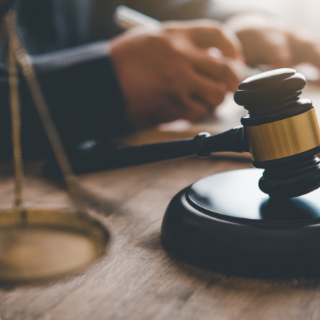BLOG
Road rage and your safety: When anger leads to crashes
Free Consultation
Book An Appointment
The term “road rage” has been around since the 1990s, and it’s commonly used to describe both aggressive driving maneuvers that disregard traffic rules and norms of behavior on the road and acts of overt anger that are designed to threaten, harass and intimidate other drivers.
How common is road rage?
A 2019 survey of drivers across the United States indicates that aggressive driving and road rage are serious problems. The vast majority of drivers — 82% — admitted to at least one act of road rage or aggressive behavior behind the wheel within the last year. Here’s what respondents said:
- 59% admitted honking their car horns in anger at other drivers
- 45% purposely changed lanes without bothering to signal
- 42% admitted yelling and cursing at other drivers
- 38% admitted using obscene gestures to express their displeasure
- 7% got out of their vehicles in anger to confront another driver
- 6% threw things at other vehicles or got into physical fights with other drivers
- 5% sideswiped, bumped, rammed or drove another driver off the road
With so many angry drivers out there on the road, what can you do? Generally speaking, the only thing you can do is take defensive action, but not doing anything to make a road rage incident escalate.
If you’re being tailgated or a driver is honking their horn at you and yelling, move as far over to the right as possible and slow down to let them pass you. Do not respond to threats, rude gestures, yelling or any other provocation. When someone has obviously lost control of themselves, you don’t want to take any chances.
Aggressive driving is blamed for 50% or more of all fatal motor vehicle crashes, so the possibility of getting hurt in a crash with an aggressive driver is very real. If you’ve been injured or a loved one is killed, find out how to hold the guilty party responsible for their actions.
LET US DO ALL THE HEAVY LIFTING
Call Today to Schedule a Free Consultation
Schedule a free initial consultation with an experienced lawyer from Phillips, Hayden & Labbee, LLP. The sooner you get us involved, the more we can do to help you.






